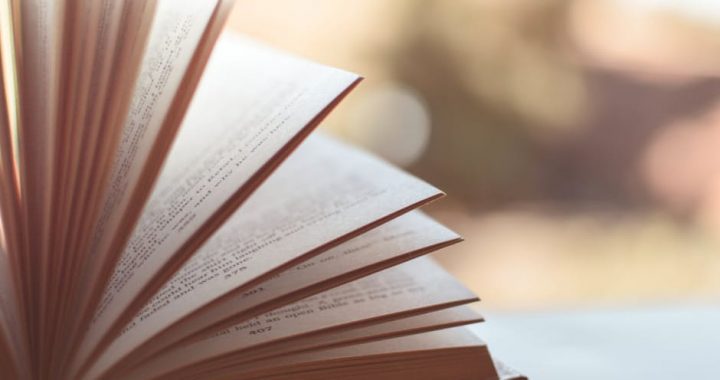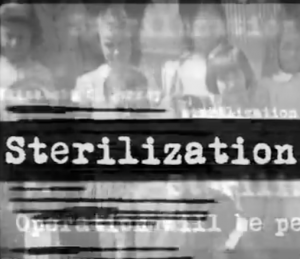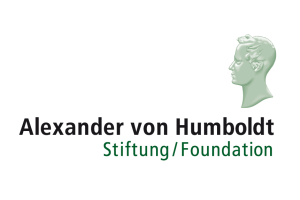(Originally posted on Sociology@UCSC)
Jenny Reardon, professor of sociology and director of the Science & Justice Research Center at UC Santa Cruz, is the winner of the 2017 Friedrich Wilhelm Bessel Research Award.
The award recognizes scholars who have earned lifetime achievements in research. In addition, award recipients are invited to spend a year collaborating with specialist colleagues in Germany to carry out their proposed research projects.
The project Reardon and her collaborators will embark on will explore how the rise of big data’ is changing interpretive practices in the life sciences and life scientists’ understandings of and relationships to life. While centered on the life sciences, and in particular on genomics, the research aims to produce insights about how the rise of informatics and big data are changing what it means and entails to produce knowledge across the natural and social sciences, and how those changes also entail shifts in what it means to act in an ethical and democratic manner.
The bi-national collaboration will allow for historical and comparative studies that promise novel insights into these fundamental processes. In the United States, the norm of openness powerfully shapes practices of interpreting genomes. In Germany, the privacy of genetic and genomic data still is considered paramount, although under mounting pressure. The study will investigate how different legal and scientific approaches to the management and governance of genomic data create different practices of interpretation that entail different conceptions of knowledge and justice.
Veronika Lipphardt, Reardon’s collaborator at the University of Freiburg, notes the timeliness of the research. “German politicians are currently discussing whether or not the German Law should allow for DNA Phenotyping and the determination of biogeographical ancestry in criminal investigation”, she says. “Interpreting the results will be a major challenge for forensicists, investigators and judges.” Lipphardt belongs to a small group of scholars invited to a central expert hearing by the State Department of Justice.
Reardon plans to disseminate the research through published articles, public talks, and online media.
The Humboldt Foundation was founded by the German government and strives to promote exchange of knowledge between scientists and scholars all over the world.






